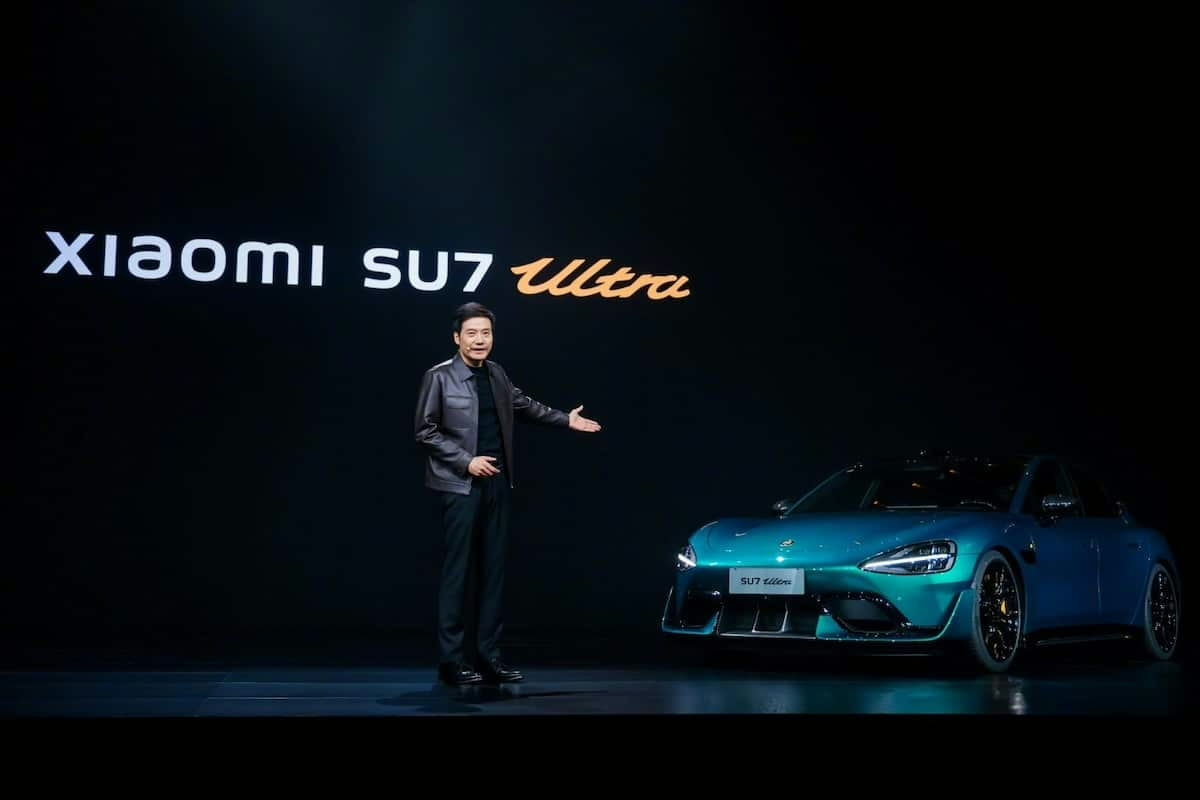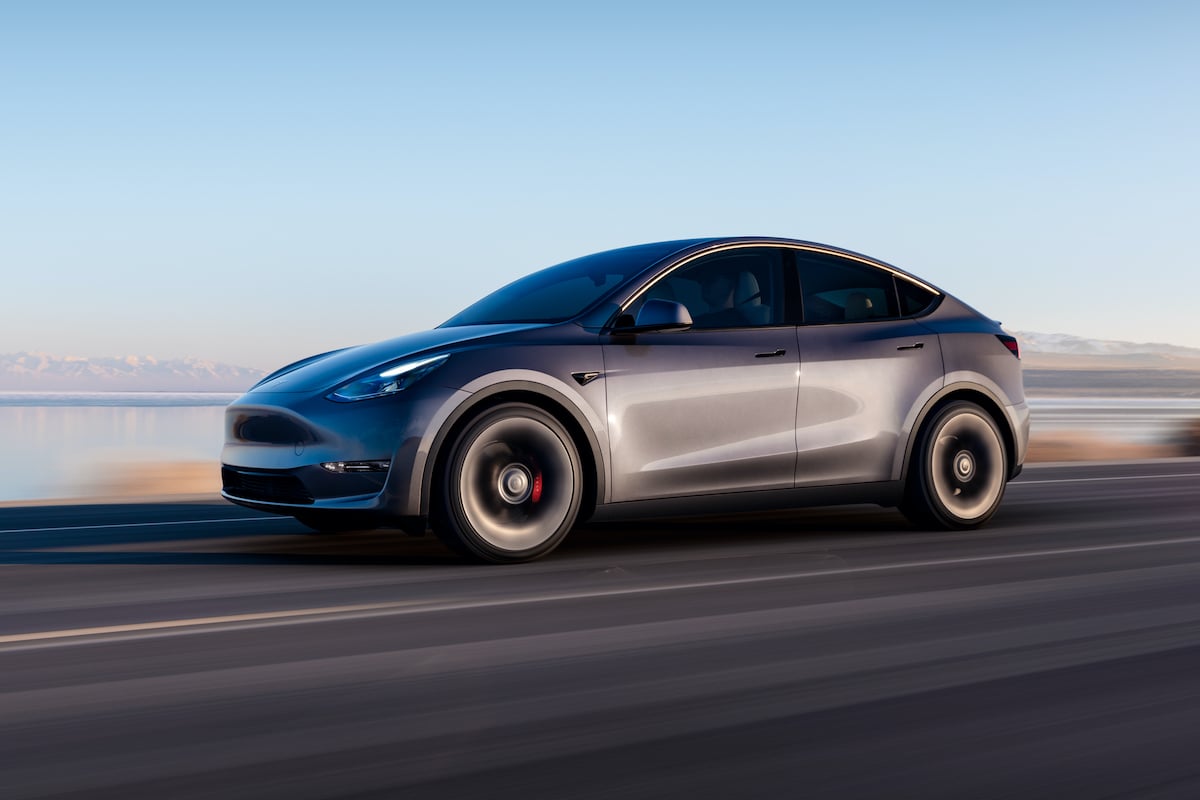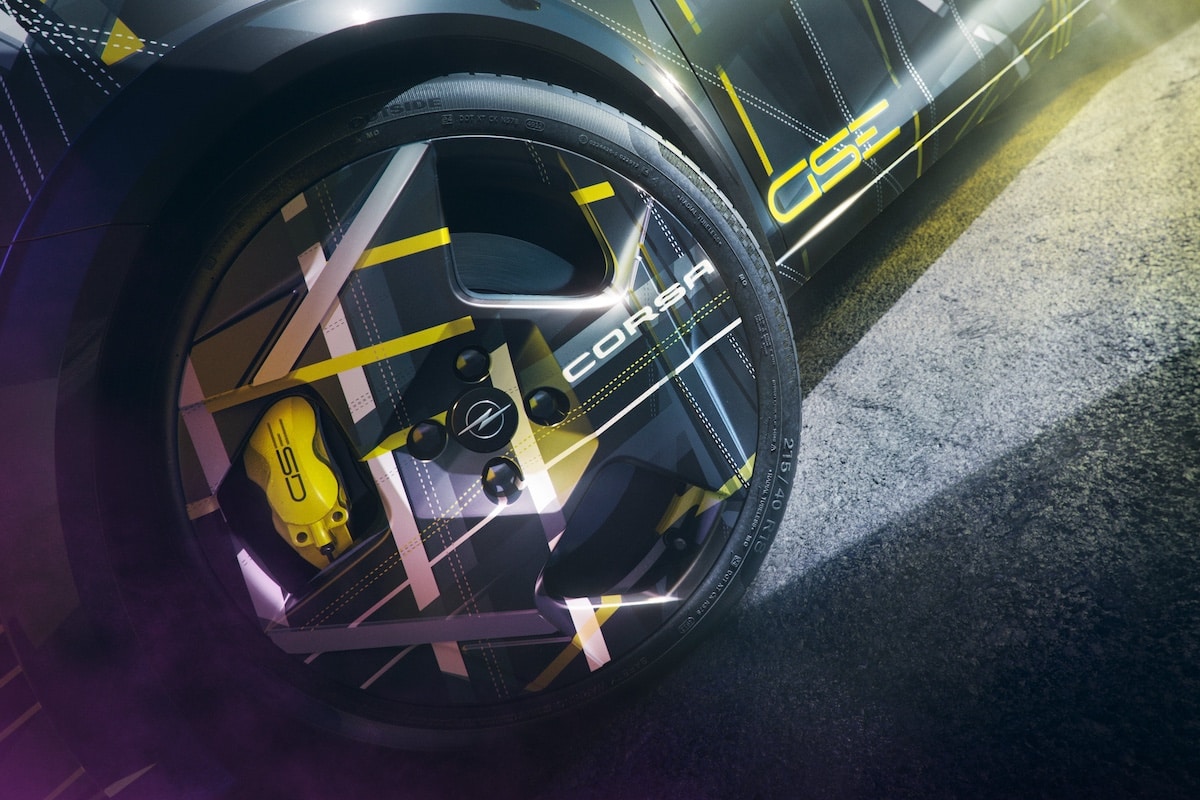Lei Jun, the “Chinese Musk” Who Became the Richest Man in China

On June 27, 2025, the valuation of the Xiaomi empire on the Hong Kong Stock Exchange surged, with Lei Jun now worth 68 billion dollars.
His name is still largely unknown outside the borders of China. Lei Jun, founder of the tech giant Xiaomi, has been the richest person in China since the end of June 2025. This is a culmination for this discreet engineer turned industrial captain, whose meteoric rise has been built at the intersection of smartphones, connected devices… and now, electric cars.
Born in 1969 in Hubei province, Lei Jun did not come from an economic elite but from a modest, intellectual background. Graduating in computer science from Wuhan University, he began his career at Kingsoft in 1992. He climbed the ranks to become CEO at just 28, before leading the company to the stock market. A visionary since the early days of Chinese internet, he then created Joyo.com, one of the first e-commerce websites in the country, which he sold to Amazon in 2004 for a mere $75 million.
But it was in 2010 that Lei Jun truly entered contemporary tech history with the founding of Xiaomi. Inspired both by Steve Jobs (founder of Apple) for product rigor and by Elon Musk (Tesla) for sector ambition, he built an unprecedented industrial model in China: to offer smartphones of quality comparable to those of American and Korean giants, but at much more accessible prices. Xiaomi then exploded thanks to a rare combination: meticulous design, proprietary software (MIUI, now HyperOS), and a loyal user community. By 2014, the company had already become one of the world’s smartphone leaders, and in 2018, it entered the Hong Kong Stock Exchange with a bang.

The smartphone king… with 4 wheels?
If the story had ended there, Lei Jun would have already been hailed as one of the great industrial builders of the 21st century in Asia. But the man does not aim for comfortable longevity: he wants to scale up. And that is where automobiles come into play.
Starting in 2021, Lei Jun announced the launch of Xiaomi Auto, with an initial investment of 10 billion yuan (1.2 billion euros). Observers remain cautious: tech manufacturers often fail in the automotive sector, with Apple having considered entering… before backing down. However, in March 2024, Xiaomi unveiled the SU7, a sporty-looking electric sedan, richly equipped, connected to the Xiaomi ecosystem, and sold at a price lower than that of a Tesla Model 3. Within 24 hours, nearly 90,000 orders were recorded. In less than a year, Xiaomi delivered 272,000 units of its SU7, a figure that exceeded all expectations, as the industrial challenge is gigantic. Signing orders is one thing, fulfilling them is another.
But the real earthquake occurred in June 2025 with the launch of the Xiaomi YU7, an electric SUV positioned directly against the Tesla Model Y. In just 3 minutes, the company registered 200,000 pre-orders. Eighteen hours later, they exceeded 290,000 validations! The performance was such that Xiaomi’s stock jumped 8% in a single day. It was this launch that propelled the company’s stock valuation to its historic peak and placed Lei Jun at the top of national wealth.

Lei Jun, the Chinese Elon Musk
In this success, many see the shadow of Elon Musk. And Lei Jun does not hide his admiration for the Tesla boss. He shares with him an absolute faith in vertical integration, mastery of key technologies, rapid decision-making, and the importance of an ecosystem. But the differences are notable. While Musk cultivates provocation, unpredictability, and media hyperactivity, Lei Jun remains methodical, discreet, almost introverted. He seeks neither the spotlight nor conflict. His conferences are meticulously planned, in the style of Steve Jobs, his decisions are deeply considered, and his ambitions are skillfully aligned with the major directions of the Chinese government. He embodies a form of “Chinese Musk,” more sober, more consensual, but equally determined.
Not everything has been rosy in his journey. Xiaomi has faced several failures: poorly managed international expansion in its early years, difficulties in distinguishing itself in the high-end market, and aborted attempts in AI or voice assistants competing with Alibaba or Baidu. The firm has even been criticized for overly commercial and flashy communications. Too Chinese? Yet with each setback, Lei Jun has managed to right the ship, rationalize, and relaunch. His entry into the automotive sector, long seen as a whim, has proved to be a masterstroke.
Behind the businessman also lies a strategist of influence. With his Shunwei Capital fund, he supports hundreds of Chinese tech start-ups. And on the philanthropic front, he has already donated the equivalent of several billion dollars to educational and scientific causes. His donation of 1.6 billion euros to his alma mater in 2023 left a lasting impression.
Ally of the Chinese government
Today, at 55, Lei Jun has little left to prove but much still to build. The future of Xiaomi Auto depends on his ability to maintain reliable mass production, to innovate in batteries, software, and embedded AI. And above all, to establish the brand internationally, where Tesla reigns supreme. He, who started as a software developer, now dreams of seeing his cars on the roads of Europe, America, and India.
In a China where tech titans are often sidelined as soon as they become too visible, Lei Jun has found a rare balance: he has never challenged the state, nor has he presented himself as a lone genius. He has cultivated an image of a diligent engineer, loyal to his country, obsessed with the product more than his own image. This sobriety is perhaps the key to his longevity.
In June 2025, as the spotlight shines on him like never before, he remains true to himself. No grandiloquent statements, no provocative tweets, just a simple phrase on his Weibo account: “The journey has just begun.”
ALSO READ: Xiaomi breaks the records with its Tesla Model Y killer
This page is translated from the original post "Lei Jun, le “Musk chinois” devenu l’homme le plus riche de Chine" in French.
We also suggestthese articles:
Also read





